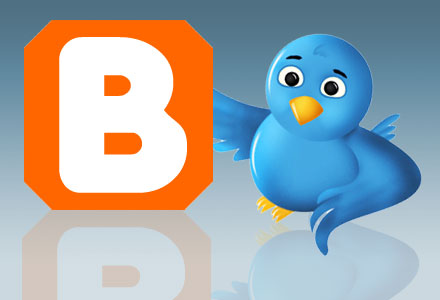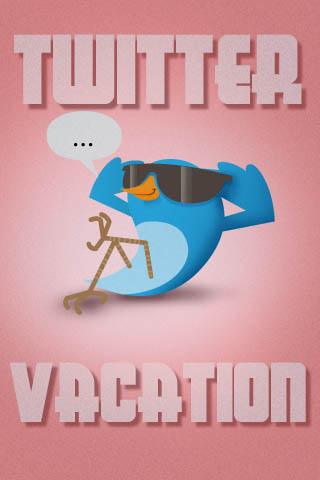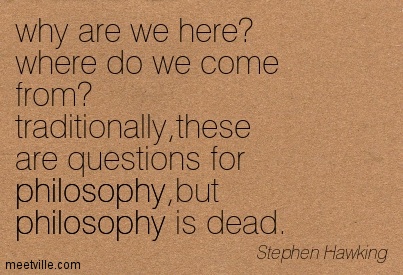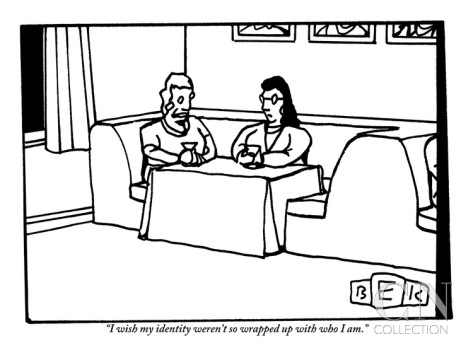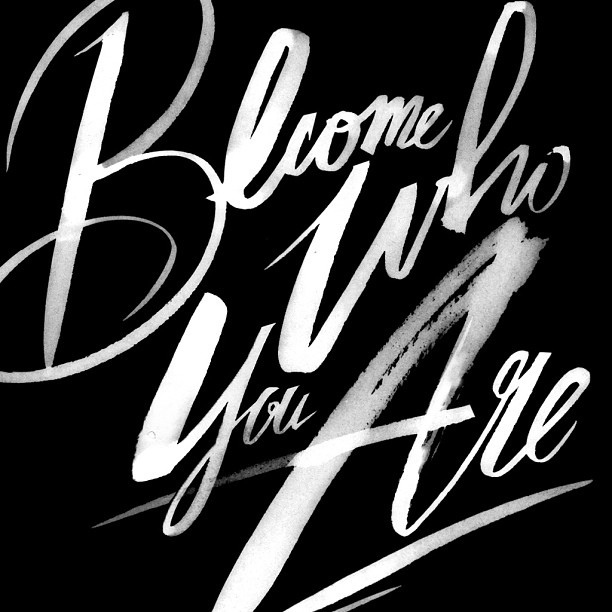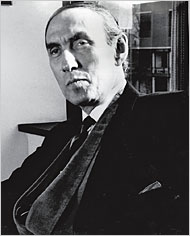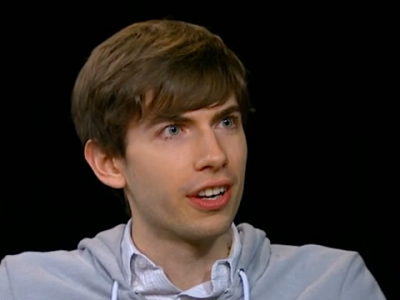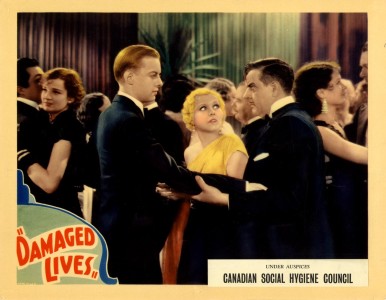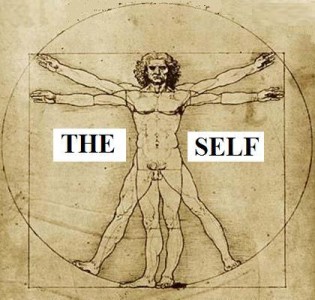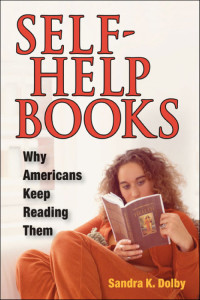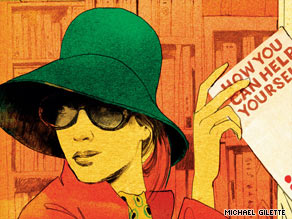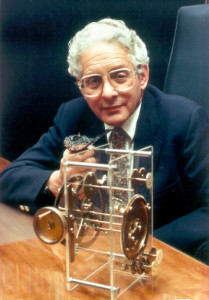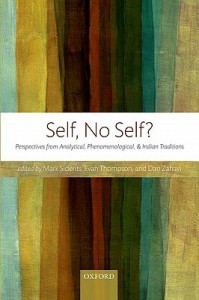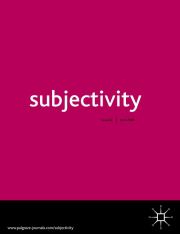 I discovered the journal Subjectivity thanks to a link on Dennis Fox’s Critical Psychology website. Here’s a brief, subjective self-description provided by the journal:
I discovered the journal Subjectivity thanks to a link on Dennis Fox’s Critical Psychology website. Here’s a brief, subjective self-description provided by the journal:
Subjectivity is an exciting and innovative transdisciplinary journal in the social sciences. Re-launched by Palgrave Macmillan in 2008, it examines the socio-political, cultural, historical and material processes, dynamics and structures of human experience.
Here’s a somewhat lengthier description from the same page, emphasizing “transdisciplinarity”. (To distnguish transdisciplinarity from interdisciplinarity and multidisciplinarity, see here.) (Emphasis in the last sentence below is mine.)
Subjectivity has been an important concept for academic research as well as for intervening in social and political life since the 1960s and 1970s. The idea of subjectivity had a catalytic impact in changing the terms of the debate in the social sciences: in anthropology, geography, psychology, sociology, post colonial theory, gender studies, cultural and media studies, social theory as well as the humanities.
Subjectivity attempts to capture ongoing debates and activities and to foster a discourse on subjectivity which goes beyond traditional dichotomies between the various disciplines.
The journal aims at a re-prioritization of subjectivity as a primary category of social, cultural, psychological, historical and political analysis. It wishes to encourage a variety of transdisciplinary engagements with this topic in theory as well as empirical research, and, accordingly, to advance the potential of engagement with subjectivity/subjectivities as a locus of social change and a means of political intervention.
Can academic papers inspire social change?
That certainly strikes me as a worthy goal, but social change and political intervention are extremely difficult, no? I’m not sure they can be accomplished by disseminating academic articles. Perhaps it’s a start. Perhaps it’s a way for those who share that goal to find each other. But if we find each other, are we then doing nothing more than simply talking to each other (preaching to the choir, as the cliché has it)? And if we are talking to each other, shouldn’t we at least be doing that in public, like on Twitter, where Subjectivity does not appear to have a presence? (There is a Facebook page, but it contains only announcements, not discussion.) Read more
